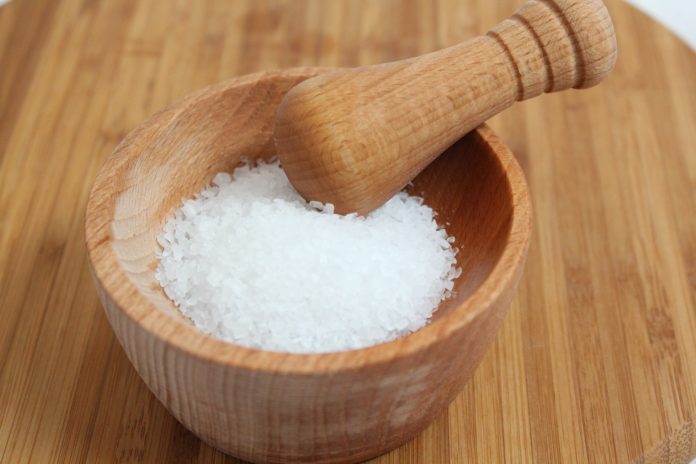
New study by Public Health Foundation of India calls for salt reduction programme
Days after an international study pointed out that salt reduction as a public health strategy works only in some populations, a new Indian study recommends that it is a necessity for India to control its obesity, hypertension and cardiovascular diseases epidemic.
“In this study of multiple key influential stakeholders in India, most of the stakeholders were in alignment with the need for a salt reduction programme in India to prevent and control hypertension and related CVD. The development and adoption of the National Multi-sectoral Action Plan to reduce premature non-communicable diseases (NCDs) in India, provides a potential platform that can be leveraged to drive, implement and monitor salt reduction efforts,” concluded the study by the Public Health Foundation of India. It was published in the journal PloS.
In India, hypertension is highly prevalent and responsible for at least 10% of the deaths
Scientific evidence indicates that high dietary salt intake has detrimental effects on blood pressure and associated cardiovascular disease (CVD). However, limited information is available on how to implement salt reduction in low and middle-income countries (LMICs) such as India, where the burden of hypertension and CVD is increasing rapidly. As part of a large study to create the evidence base required to develop a salt reduction strategy for India, we assessed the perspectives of various stakeholders regarding developing an India specific salt reduction strategy.
WHO guidelines recommend a global approach to reducing sodium intake in all populations to below 2g/day, but this has not been achieved in any country. However a recent study published in The Lancet says that sodium reduction strategies should instead target communities with high average levels of sodium consumption (above 5g/day).
In India, hypertension is highly prevalent and responsible for at least 10% of the deaths and is projected to increase rapidly in the future. In 2016, Disability Adjusted Life Years (DALYs) lost due to dietary risk factors (including high sodium intake) was 8.9% and there was a 30% increase in DALYs lost due to dietary risks in the last decade.












